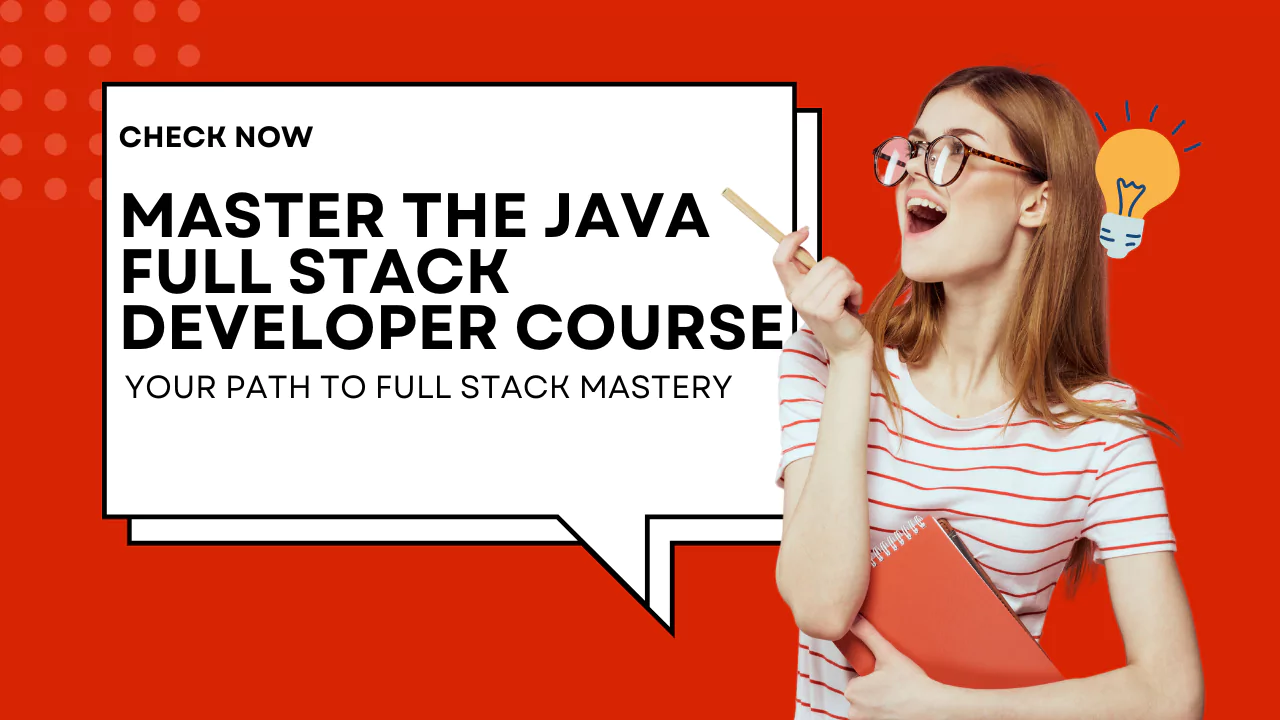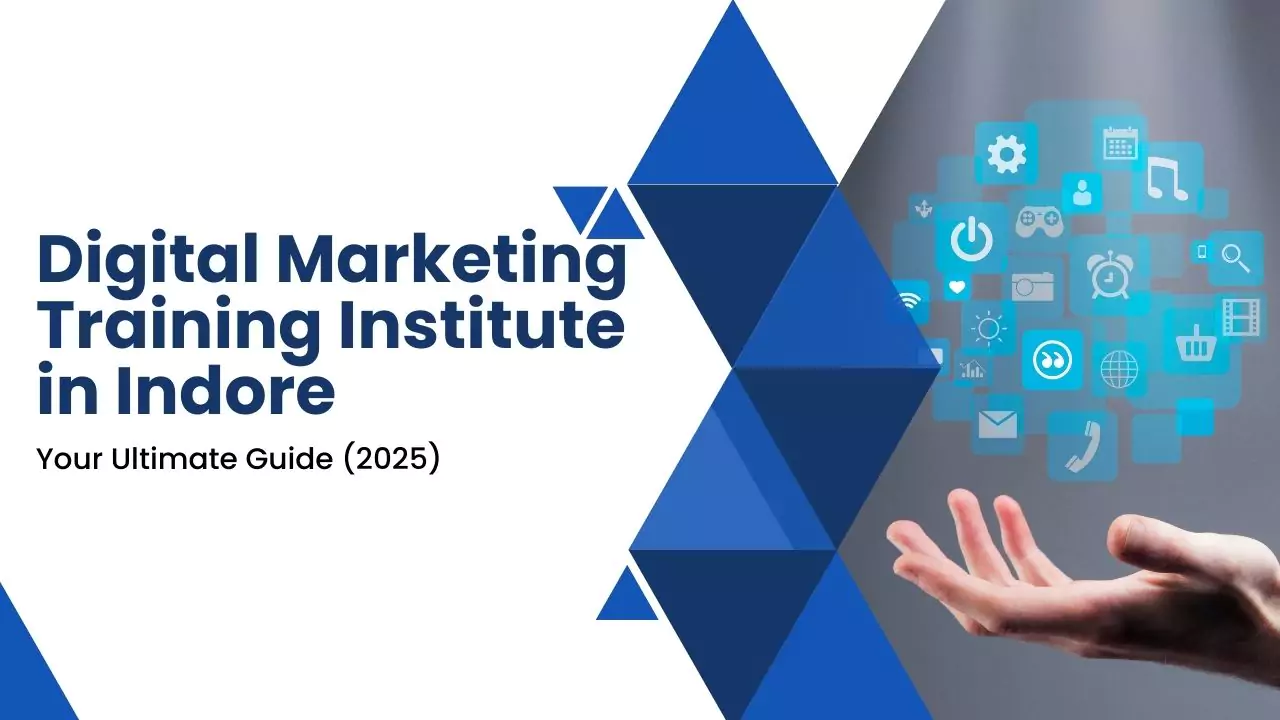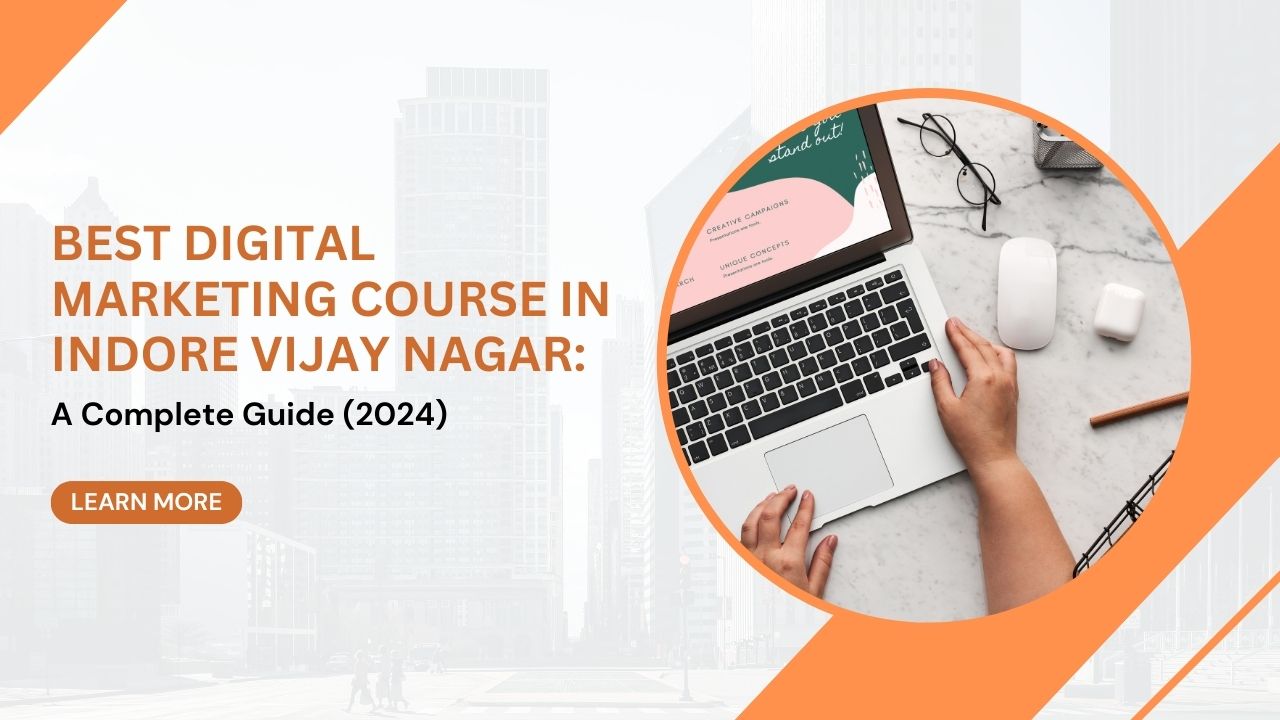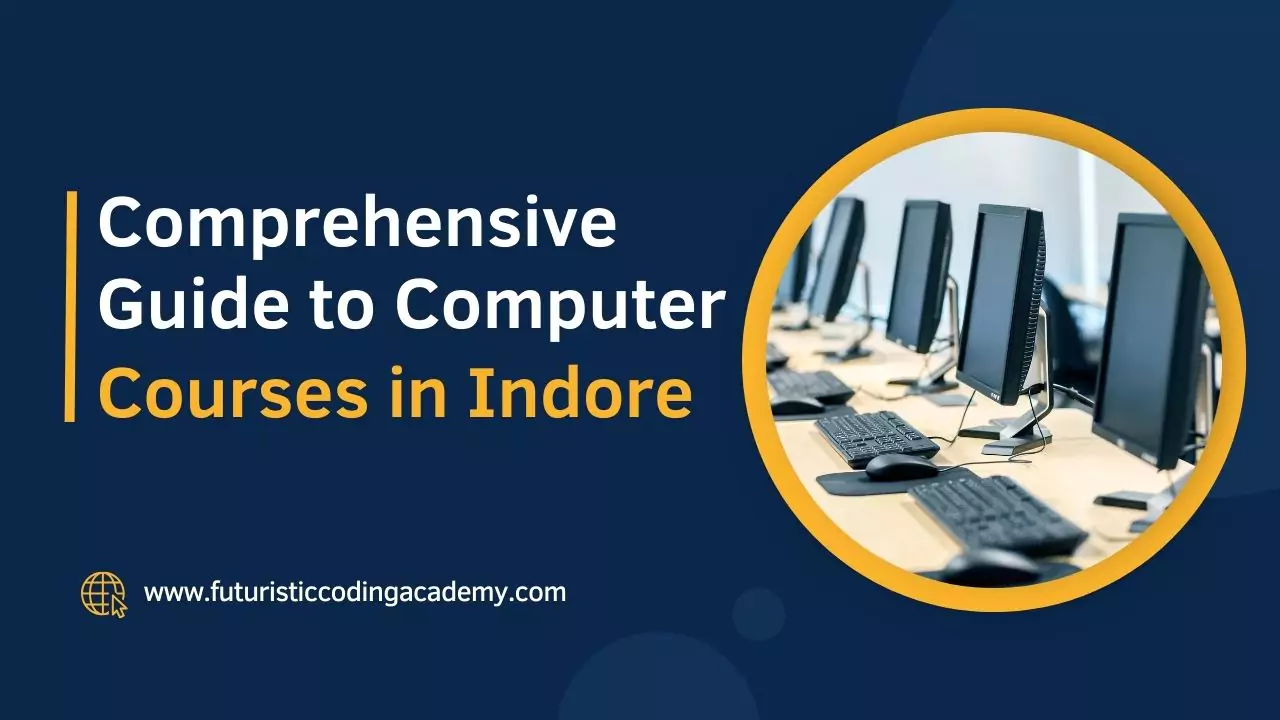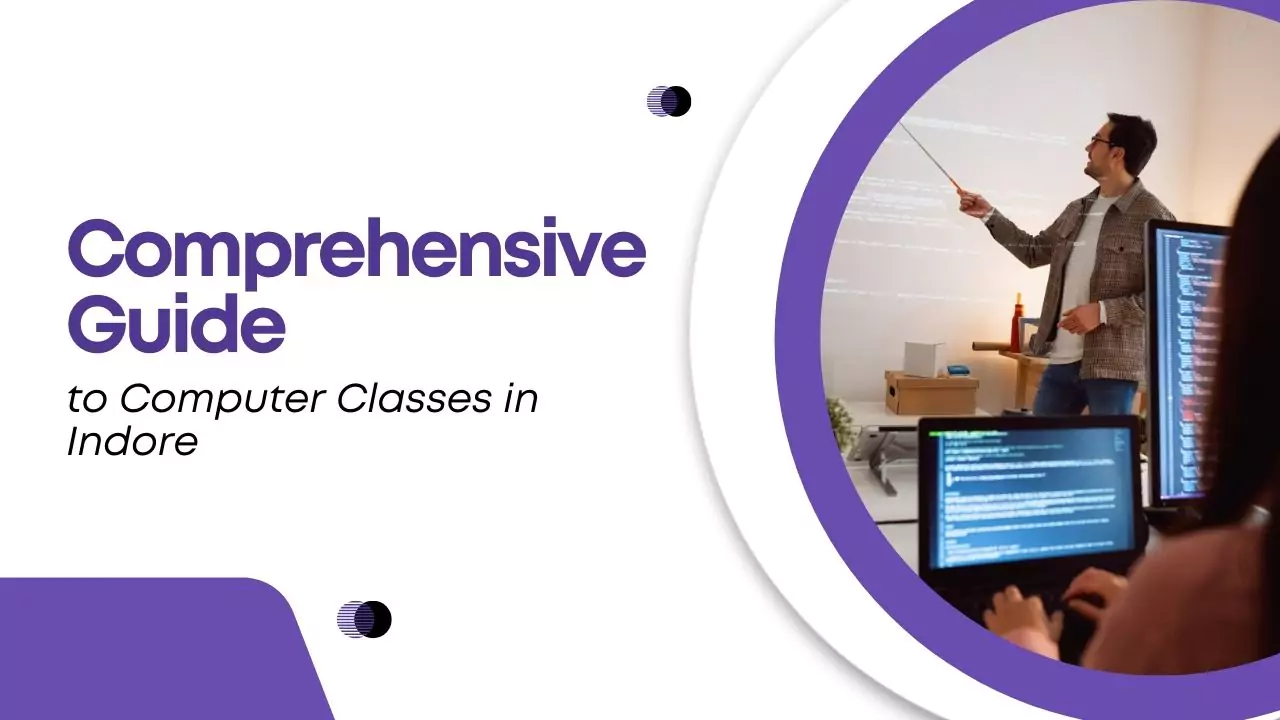As the demand for skilled developers continues to rise, becoming proficient in full-stack development with Java is a highly sought-after skill set. Whether you’re a budding developer or a seasoned coder, a Java Full Stack Course provides the tools and knowledge necessary to build scalable, dynamic web applications. In this guide, we’ll walk you through the essential aspects of full-stack development, focusing on Java’s robust ecosystem.
What is Full Stack Development?
Full-stack development refers to the creation of both the front-end (client-side) and back-end (server-side) of a web application. A Java Full Stack Developer is adept in handling every layer of the application, from user interfaces to databases, making them valuable assets to companies looking for versatile and efficient developers.
Key Technologies:
- Front-End: HTML, CSS, JavaScript, and frameworks like Angular or React.
- Back-End: Java, Spring Boot, JSP, and Hibernate.
- Databases: MySQL, JDBC for database connectivity.

Why Learn Java for Full Stack Development?
Java remains one of the most powerful and widely-used languages for building robust, scalable applications. It’s perfect for handling complex backend logic while also seamlessly integrating with modern front-end frameworks.
Benefits of Java for Full Stack:
- Scalability: Ideal for enterprise-level applications.
- Security: Known for its secure coding practices.
- Cross-Platform: Java’s “write once, run anywhere” capability ensures compatibility across devices.
Java Full Stack Developer Roadmap
If you’re aiming to become a Java Full Stack Developer, follow this structured learning path to ensure you cover all the key concepts:
1. Java Programming Fundamentals:
Learn Object-Oriented Programming (OOP), exception handling, and multithreading.
2. Front-End Development:
Master HTML, CSS, JavaScript, and front-end frameworks like Angular or React.
3. Back-End Development with Java:
Get hands-on with Java, Spring Boot, and RESTful services to create powerful server-side applications.
4. Database Management:
Dive into MySQL and JDBC to manage databases efficiently
5. Version Control:
Learn Git and GitHub for collaboration

Detailed Java Full Stack Course Curriculum
At Futuristic Coding Academy, our Java Full Stack Course provides a comprehensive curriculum to prepare you for real-world challenges:
1. Java Programming Basics:
Topics include OOP concepts, constructors, and exception handling.
2. Front-End Development:
Gain expertise in HTML, CSS, JavaScript, and modern frameworks like Angular and React.
3. Back-End Mastery:
Spring Boot, JSP, Hibernate, and REST API development.
4. Database Handling:
Learn how to work with SQL and MySQL databases using JDBC.
5. Version Control & Deployment:
Master tools like Git, Docker, and Kubernetes to handle code versions and deployment processes.
Hands-On Projects for Real-World Application
Practical experience is a cornerstone of becoming a proficient full-stack developer. The Java Full Stack Course at Futuristic Coding Academy includes several hands-on projects:
Project Ideas:
- To-Do App: A simple CRUD application to manage tasks using Java and a front-end framework like Angular.
- E-commerce Store: A full-fledged store with product listings, shopping cart, and payment integration.
- Blog Platform: Build a platform for user-generated content, including user authentication and content management.
Career Opportunities for Java Full Stack Developers
After completing the Java Full Stack Course, a world of opportunities opens up. Here are some of the top career paths:
- Full Stack Developer: Average salary ₹9,20,000 per year.
- Back-End Developer: Average salary ₹7,00,000 per year.
- Software Engineer: Opportunities across various sectors like finance, healthcare, and e-commerce.
Salary Expectations:
- Entry-level: ₹3,00,000 to ₹5,00,000 per year.
- Mid-level: ₹7,00,000 to ₹9,00,000 per year

Why Choose Futuristic Coding Academy?
At Futuristic Coding Academy, we offer:
- Comprehensive Curriculum: Designed to cover all aspects of full-stack development.
- Experienced Instructors: Learn from industry veterans.
- Hands-On Projects: Apply your knowledge with real-world projects.
- Certification: Get recognized for your skills with a certification that sets you apart from other developers.
Conclusion
Learning full-stack development with Java is a smart career move for developers looking to stay relevant in today’s competitive tech environment. With a solid foundation in both front-end and back-end technologies, you’ll be equipped to build dynamic web applications from start to finish. Ready to take your skills to the next level? Enroll in our Java Full Stack Course at Futuristic Coding Academy and kickstart your journey to becoming a top-tier full-stack developer.
Certification and Career Growth
1. What is a Java Full Stack Developer?
A Java Full Stack Developer is someone who can develop both the front-end (client-side) and back-end (server-side) of web applications using Java and associated technologies. They handle everything from user interface design to database management and server logic, making them versatile in software development.
2. What are the prerequisites for a Java Full Stack course?
To take a Java Full Stack course, it’s beneficial to have a basic understanding of programming concepts like variables, loops, and conditionals. Familiarity with HTML, CSS, and basic Java programming can also help, but many courses offer beginner-friendly options.
3. What does a Java Full Stack course cover?
A typical Java Full Stack course covers front-end technologies like HTML, CSS, and JavaScript, back-end frameworks like Spring Boot and Hibernate, and database management with MySQL or PostgreSQL. It may also include hands-on projects to apply the skills learned in real-world scenarios.
4. How long does it take to complete a Java Full Stack course?
The duration of a Java Full Stack course can vary depending on the format. Intensive bootcamps may take 3-6 months, while part-time online courses could take 6-12 months. It also depends on your learning pace and time commitment.
5. What are the career prospects after completing a Java Full Stack course?
Upon completing a Java Full Stack course, you can pursue roles like Full Stack Developer, Java Developer, or Software Engineer. These roles are in high demand across industries such as finance, e-commerce, and tech, offering attractive salaries.
